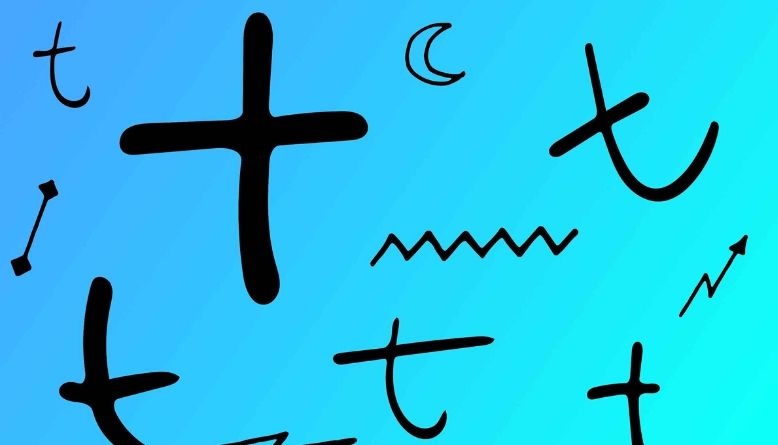Why am I always broke?
Gone broke, eh?
Do you go broke long before the next salary gets credited into your account?
If your answer is yes, you don’t need to be embarrassed. You’re not alone. According to a survey published in February 2020, nearly 1 in 3 American workers runs out of money before payday—even those earning over $100,000 (about ₹73 lakh) a year.
The numbers really contradict the popular belief that going broke before month-end is an issue only for people at the lower end of the income spectrum. It can even happen to people earning over ₹73 lakh a year.
That’s really a huge amount, isn’t it?
Running out of money much before the next payday is a horrible feeling. If the salary is too low, it’s understandable. But if it happens to you month after month despite the compensation being on the higher side, you’ve got a real problem at hand.
Flawed spending habits
A broke person is likely to dip into her savings, which further exacerbates her financial stress.Financial gurus say that going broke in the latter half of every single month despite earning a decent salary indicates you have a budgeting and cash-flow issue.
You spend way too much immediately after the payday, and then worry later in the month how you’re going to pay your bills.
In other words, you are an extremely poor manager of your resources.
Faced with cash crunch, a broke person starts cutting back on medical needs, missing payments, incurring late fees, sometimes even foolishly skipping meals, and ultimately finding the perfect recipe for slipping into a vicious debt cycle.
According to financial experts, you can deal with this problem of reckless spending by adjusting your spending strategy. (If only it were that easy!)
Since I am not a financial expert, I won’t dare to dish out any financial advice. Rather, I will tell you how by looking at someone’s handwriting you can tell whether the writer is capable of being reckless as far as his finances are concerned.
Handwriting indicators
Irregular left margin with a different starting point in each line indicates the writer may go broke much before the next salary is due.
In handwriting analysis, a person’s ability to manage his resources in a disciplined manner could be gauged by the way he forms the left margin while writing on a sheet of unruled paper.
If the left margin of the handwriting is irregular—with each line having a different starting point—it indicates that the writer faces difficulty in efficiently managing his money or resources. He strongly believes in improvising as he goes along.
Such a writer does not have the strength to fight his impulse-buying behaviour, which makes him feel good. He does not reason with himself before giving into the desire to buy unplanned things.
If his handwriting also has a pronounced right slant and a fairly wide line spacing, the writer has a tendency to make impulsive purchases. No amount of money will ever be enough for him. He will most definitely find a way to burn a hole his pocket.
If I worked for American Express, I would never recommend to the bank to issue a credit card to someone whose handwriting has all these three elements:
- Irregular left margin
- Extreme right slant
- Wide line spacing
Among other things, an irregular left margin also points to the writer’s tendency to be rebellious and disregard the rules of society. Such writers should be extra careful of the company they keep.
If the handwriting has a pronounced right slant and wide line spacing, the writer has a tendency to make impulsive purchases.
Final words
It is an established fact that financial stress can have lasting effects on your mental and physical health. Some studies say that those with financial worries are six times more likely to suffer from anxiety and seven times more prone to depression.
Therefore, if you are someone who goes broke month after month despite having an above-average income, it makes sense to bring your house in order.
One of the ways to deal with it is to be disciplined in your spending. For help with that, reach out to a financial planner.
The other way is to meet a graphologist and ask for appropriate handwriting changes to deal with this financial waywardness.
Let’s hear from you how efficiently you manage your financial resources.
Read more articles by the author



